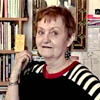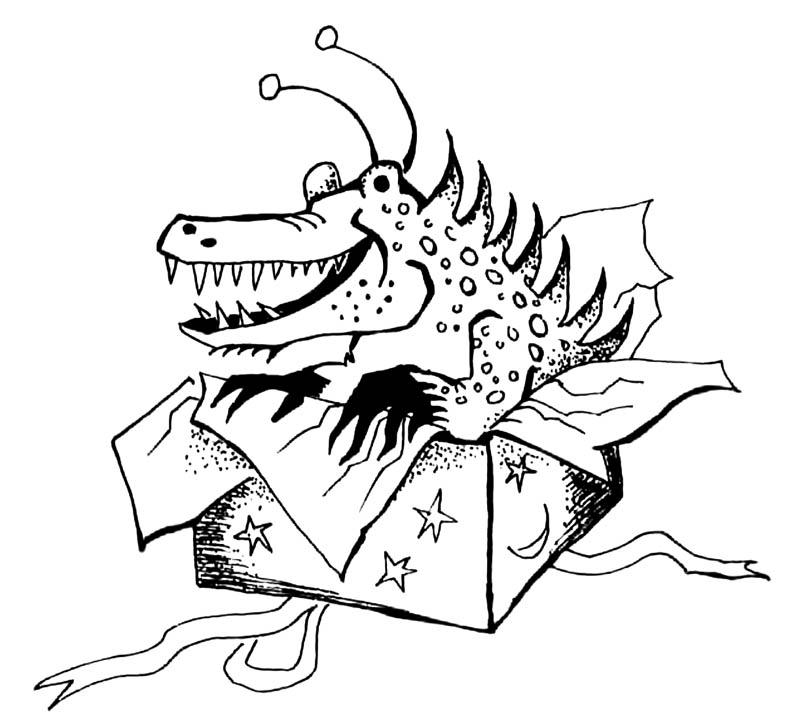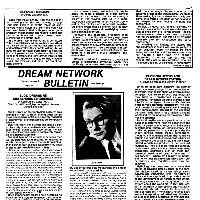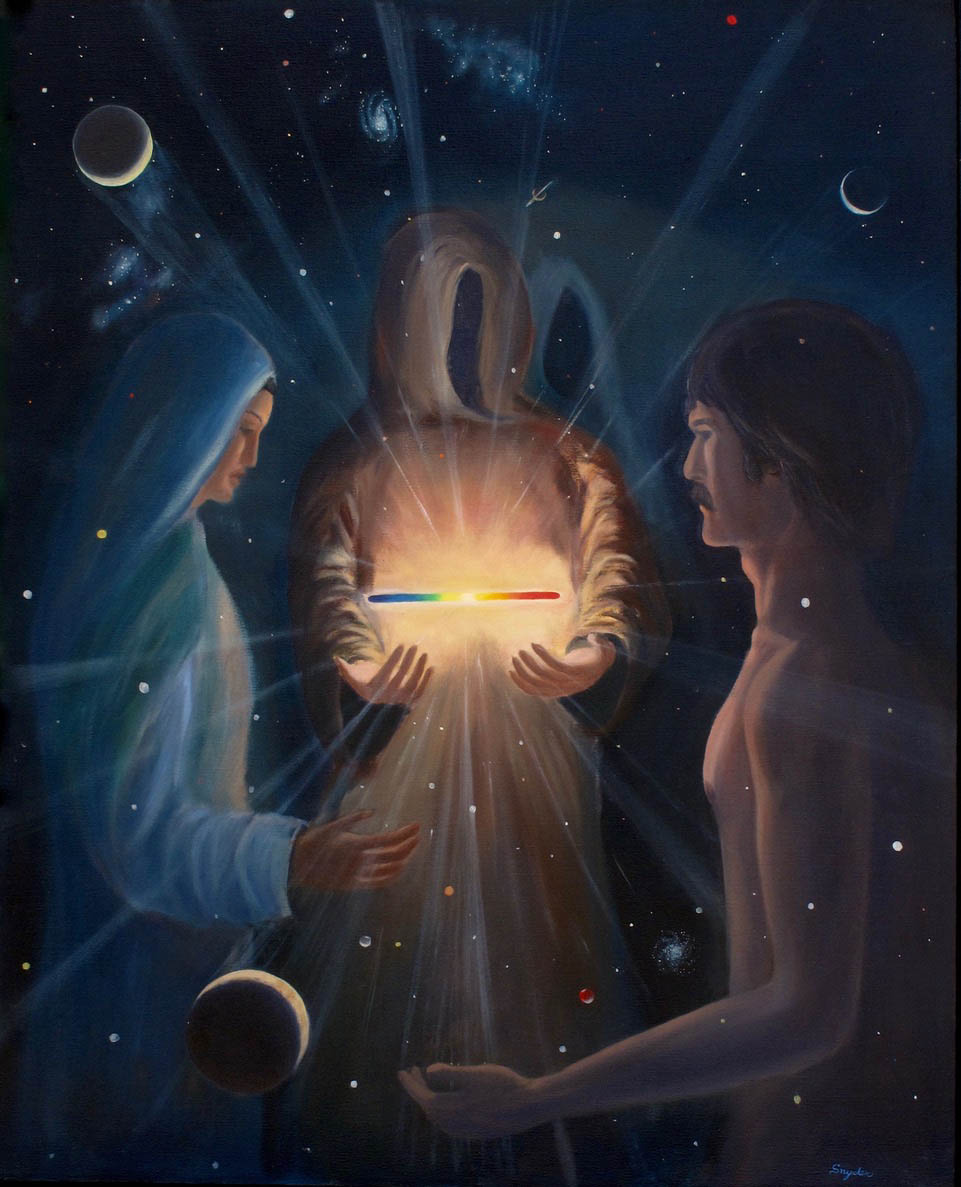
There is scarcely a dream worker or student of dreams around who is not familiar with Dr. Montague Ullman's classic work Working with Dreams, in which he details, with expert clarity, his major premise—namely, that dreams need to be snatched from the domain of "professional experts" and placed back in the hands of the "real experts"—the dreamers themselves (that's all of us).
As I opened The Variety of Dream Experience I braced myself for a large dose of expertise by this poopooher of experts only to find myself immersed in a fascinating assembly of fifteen essays by a highly divergent group of individuals representing a broad range of application of Dr. Ullman's dream group process. Ranging all the way from enlightened academia ("Teaching the Use of the Dream in Clinical Practice" by Susan Knapp) to the kitchen sink ("A Mothers' Dream Group" by Jenny Dodd), this collection illustrates the far-reaching value of understanding our dreams and how much they can tell us when a supportive and stimulating group structure exists.
Studies which may surprise and delight you, for example, might be: "This Otherness and Dreams," a fresh look at metaphors by Jack Briggs, "Dream Work and Field Work: Linking Cultural Anthropology and the Current Dream Work" (eat your heart out, Shaman's Drum) by Deborah Jay Hillman, or" A Mothers' Dream Group" by Jenny Dodd, a third-generation dream worker working with women "in the context of our harried and often fragmented lives with young children."
In the essay "Psychohistorical Dreamwork" Paul Elovitz and Donald Hughes describe their use of the experiential dream group as a tool for the exploration of dreams of historical personalities. In this process the presenter, or "biographer" as he is book review called, presents the dream of a historical personage and then role-plays that character as he interacts with the group. This requires the "biographer" to be thoroughly immersed in the figure's life and writings, to read everything available, emphasizing what was going on in the dreamer's mind in the period as close to the dream as possible. It also requires him to prepare to impersonate the dreamer as an actor would prepare for a role, thinking a great deal about the physical appearance and mannerisms of his dream subject.
In this context Donald Hughes presents a snake dream of Alexander the Great at a time when Alexander was obsessed with the illness of his friend Ptolemy. In the dream a snake appears bearing a plant in its mouth. It describes the place where such a plant may be found and instructs Alexander to make a tea from its leaves and give them to Ptolemy, assuring him that his friend will recover if he does so.
After being presented with some historical background, the group members offer their projections and associations and Dr. Hughes responds, somewhat imperiously, in his role as Alexander the Great. In this lively exchange insights appear around Alexander's drinking problem, his fierce attachment to his homosexual lover, his worshipful relationship to his mother (he regarded her as a Goddess) as well as his unconscious desire to tap the "Ptolemy" element in his own personality—a steady part that could be trusted, in contrast to his usual volatility—the ruler rather than the conqueror. In the person of Alexander, Dr. Hughes thanks the group for their contributions and re-titles himself "Alexander the Grateful".
While the reader may question the relevance of such illuminations for anyone other than a psychohistorian or a closet actor, the "specialty approach" of this piece typifies the selections in The Variety of Dream Experience. For this is, indeed, a rich assemblage of enormously varied approaches to experiential dreamwork in which each author presents his/her own very personal focus. And like travel through a series of different cultures, it is a broadening experience, stimulating the imagination and enlarging one's perspective. Adventurous dreamworkers will want to try all of the above.







